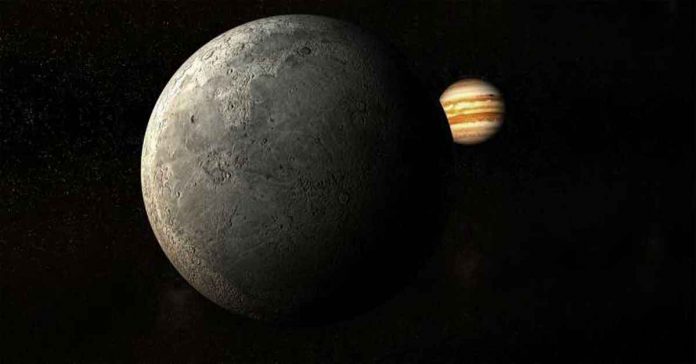Anyone can name a star on the internet, but the International Astronomical Union is offering a once-in-a-lifetime chance to name a planet discovered by the groundbreaking James Webb Telescope.
The IAU is in charge of naming everything in space, including constellations, comets, and what lies beyond our solar system. Though the organisation names planets, it wants the next set to be named by the public in the NameExoWorlds 2022 contest, which is being held to commemorate the 10th anniversary of its Office for Astronomy Outreach. The goal is to encourage “communities around the world to connect their own cultures to these distant worlds.”
“It’s exciting to see a new NameExoWorlds competition underway to commemorate the Office for Astronomy Outreach’s tenth anniversary. Their work over the last decade has had a global impact, and this competition is yet another way for astronomy to bring people together “In a news release, IAU President Debra Elmegreen stated.
What names will be given to the planets?
Twenty planet names are up for grabs, and they are all exoplanets, which means they are outside of our solar system.
They are of “special interest,” according to the IAU, because they will be the first exoplanets discovered by the James Webb Space Telescope. They were discovered “via a combination of techniques, primarily the transit method and direct imaging.”
People will not only name the planets, but also the star around which the exoplanet orbits, earning them the honour of naming an “ExoWorld.”
The IAU has allowed the public to name and ExoWorld for the third time. This occurred in both 2019 and 2015.
What steps must be taken to name a planet?
It is not possible to name a planet or star after your child, spouse, or pet.
The IAU wants teams of students, teachers, astronomy enthusiasts, and astronomers of all levels to collaborate on a name. The proposed names “should be of long-standing cultural, historical, or geographical significance, deserving of being assigned to a celestial object.”The names of the stars and planets should also have a common theme.
Once teams have decided on names, they must plan and carry out an exoplanet outreach event, such as an in-person or online event informing the public about exoplanets and their significance.
Teams must also submit their proposal, outreach event, and why it should be chosen in a written prompt in English of no more than 300 words, as well as a three-minute video in native languages.
When are the winners going to be announced?
Teams have until November 11 to submit their names.
The IAU will then collaborate with the National Outreach Coordinator to select one proposal for countries with multiple submissions. Voting will take place from December 16 to March 16, 2023, with winners being announced on March 20.

